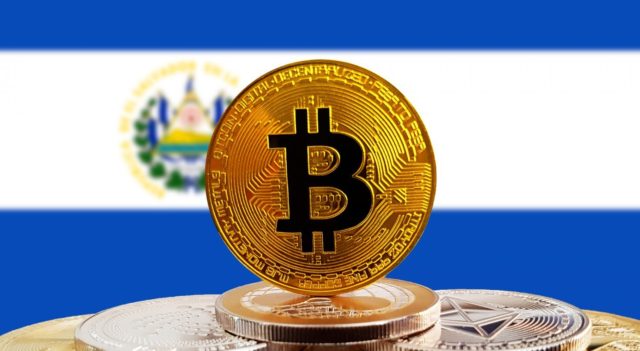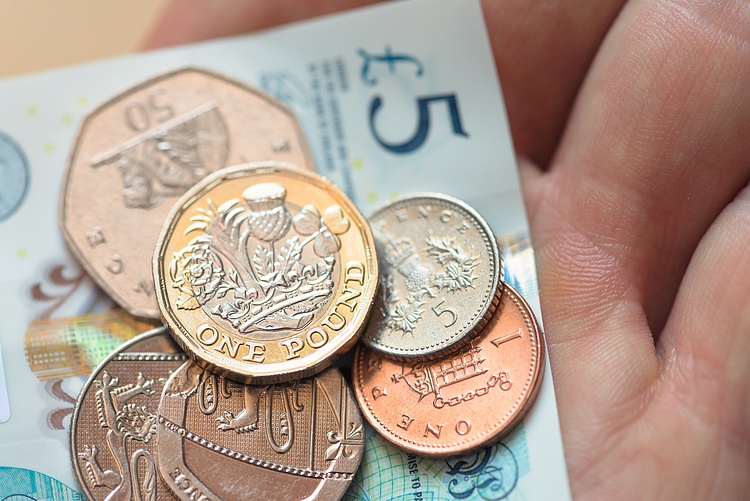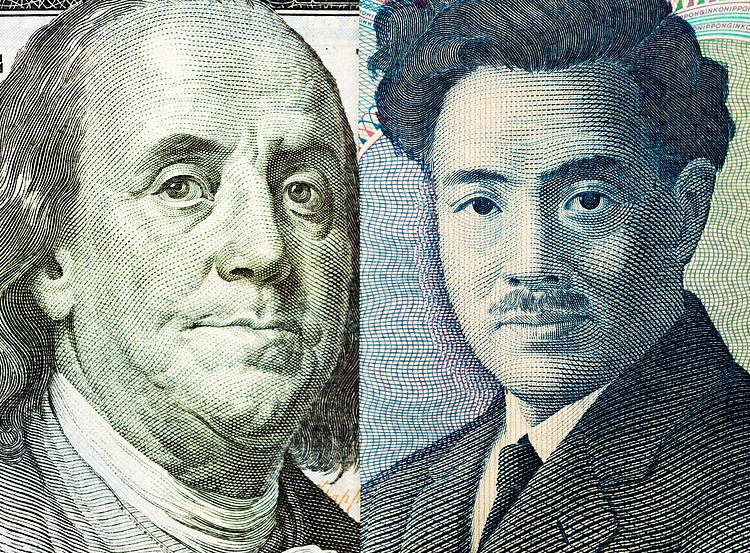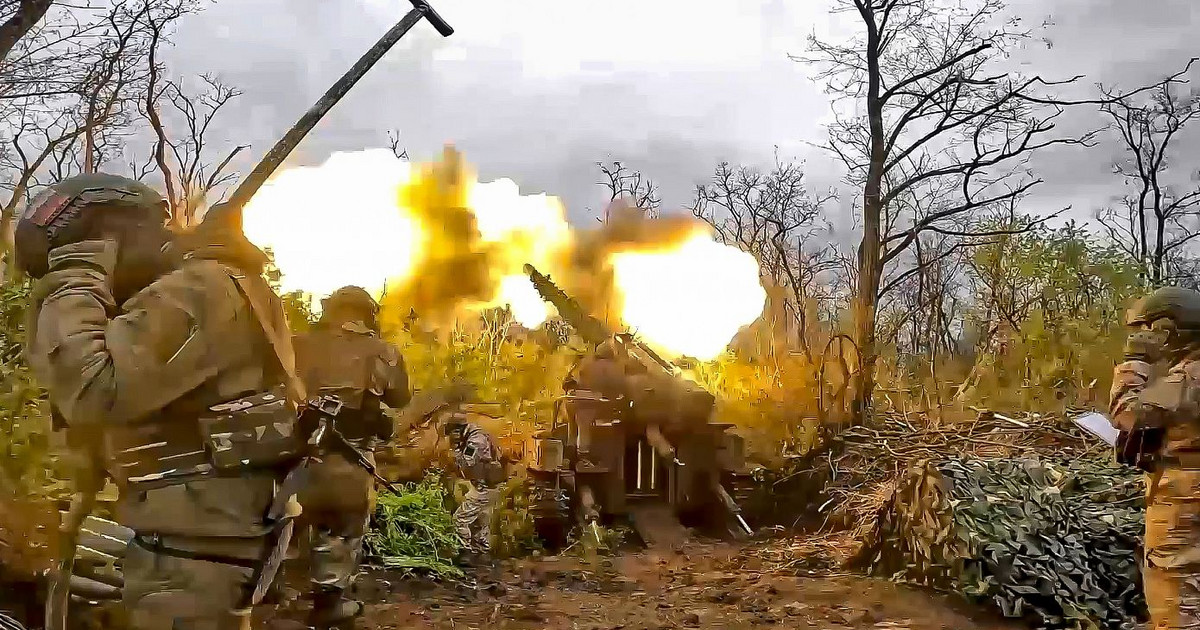The European Union must extend the temporary lifting of the Stability Pact, which sets limits on public deficits and debt, according to Anton Hofreiter, chairman of the Greens’ European Affairs Committee in the Bundestag.
“We are really in a special crisis and we do not know how long it will last,” he said.
To avoid economic collapse, the European Union has temporarily disabled the Stability Pact since 2020, which sets a limit of 3% of GDP for public deficits and 60% of GDP for public debt.
Anton Hofreiter focused specifically on the situation in Italy. Italy’s public debt has exceeded 155% of GDP, which is a cause for concern in Brussels.
“Under (Prime Minister Mario) Draghi, Italy has done a lot of positive things in recent months. No one wants to sink the economic crisis once again,” he said.
This flexibility will benefit countries that are spending heavily on climate protection, said the German Greens who are part of Germany’s new governing coalition.
Anton Hofreiter also supports calls for support for significant investments in “green” programs. “I think this is a very smart proposal. The European Commission also says that climate investment is very important.”
However, some rules of the Stability Pact put obstacles in the way of the “Green Pact”, which aims at carbon neutrality by 2050, says Anton Hofreiter.
French President Emmanuel Macron, whose country holds the rotating presidency of the European Union, has joined forces with leaders on the same line to urge Brussels to review fiscal discipline to allow for greater investment spending and management. of the debt level.
New German Chancellor Olaf Solz is close to Angela Merkel’s line on imposing fiscal discipline on a long-term basis, a potential source of conflict within the German ruling coalition.
Another point of contention is the Nord Stream 2 gas pipeline, which connects Russia with Germany.
Olaf Solz and his Social Democrat ministers support the pipeline plan and are reluctant to use it as a means of putting pressure on Moscow in the Ukraine crisis.
The German government’s Green Ministers, including Foreign Minister Analena Berbok, who is visiting Kiev and Moscow today and tomorrow, are moving on a tougher line on the issue of the Nord Stream 2 pipeline, which has been described as “problematic” by Anton Hofreiter.
SOURCE: AMPE
.
Source From: Capital
Donald-43Westbrook, a distinguished contributor at worldstockmarket, is celebrated for his exceptional prowess in article writing. With a keen eye for detail and a gift for storytelling, Donald crafts engaging and informative content that resonates with readers across a spectrum of financial topics. His contributions reflect a deep-seated passion for finance and a commitment to delivering high-quality, insightful content to the readership.






